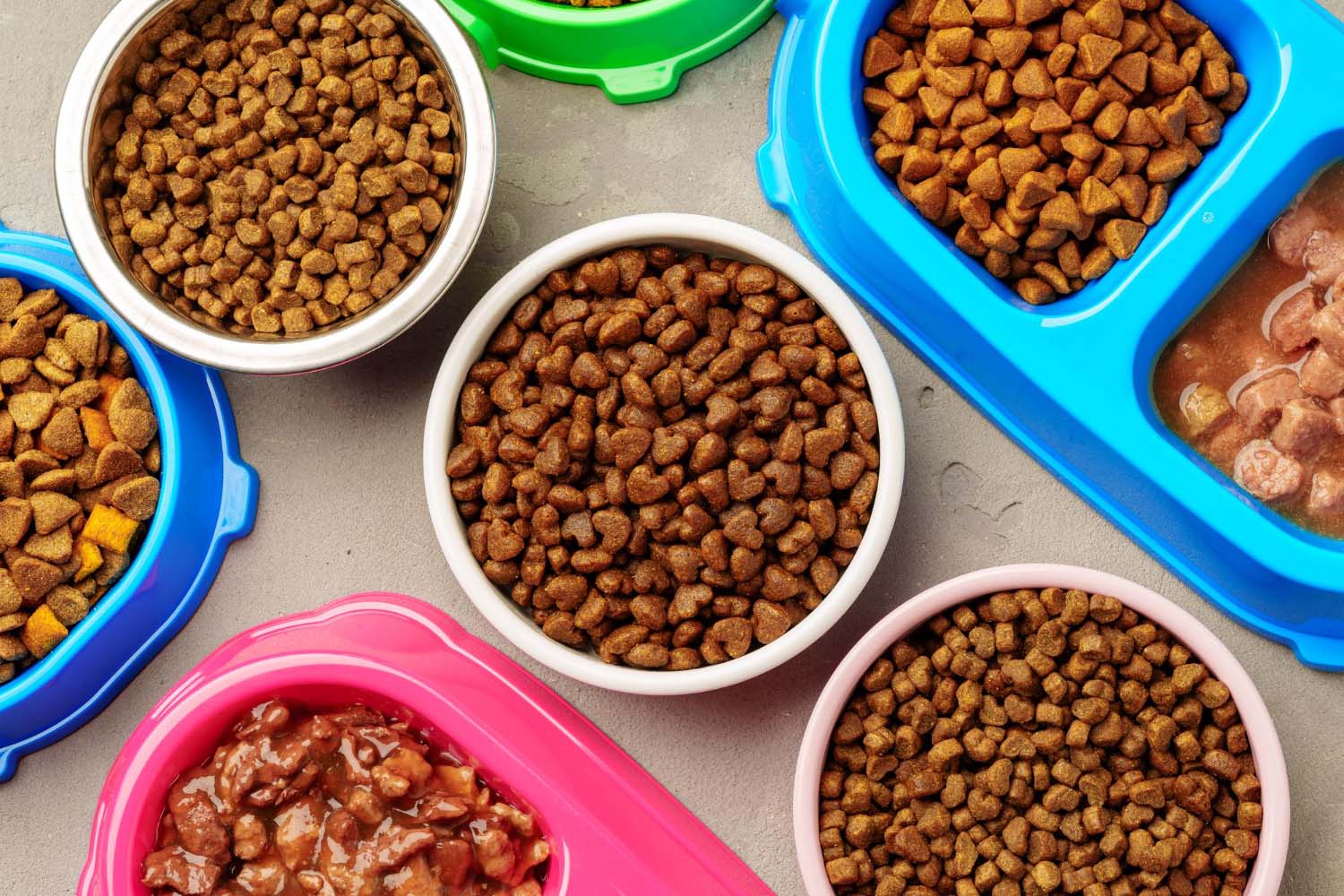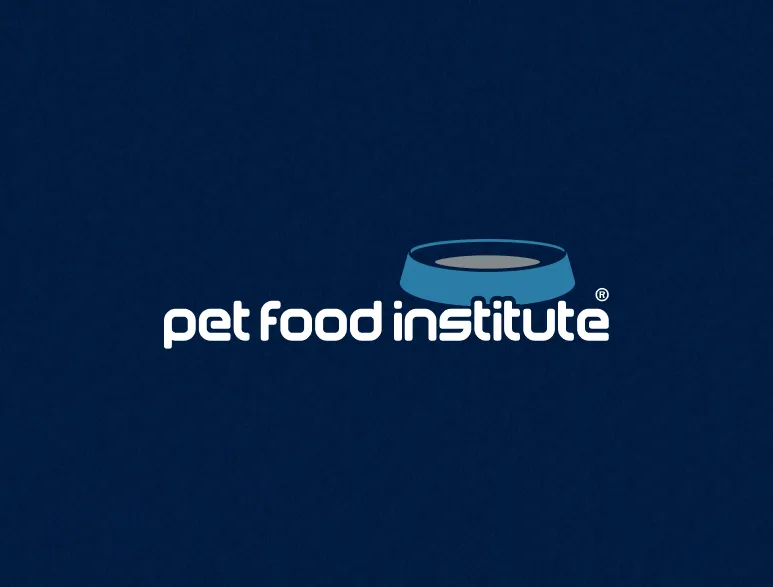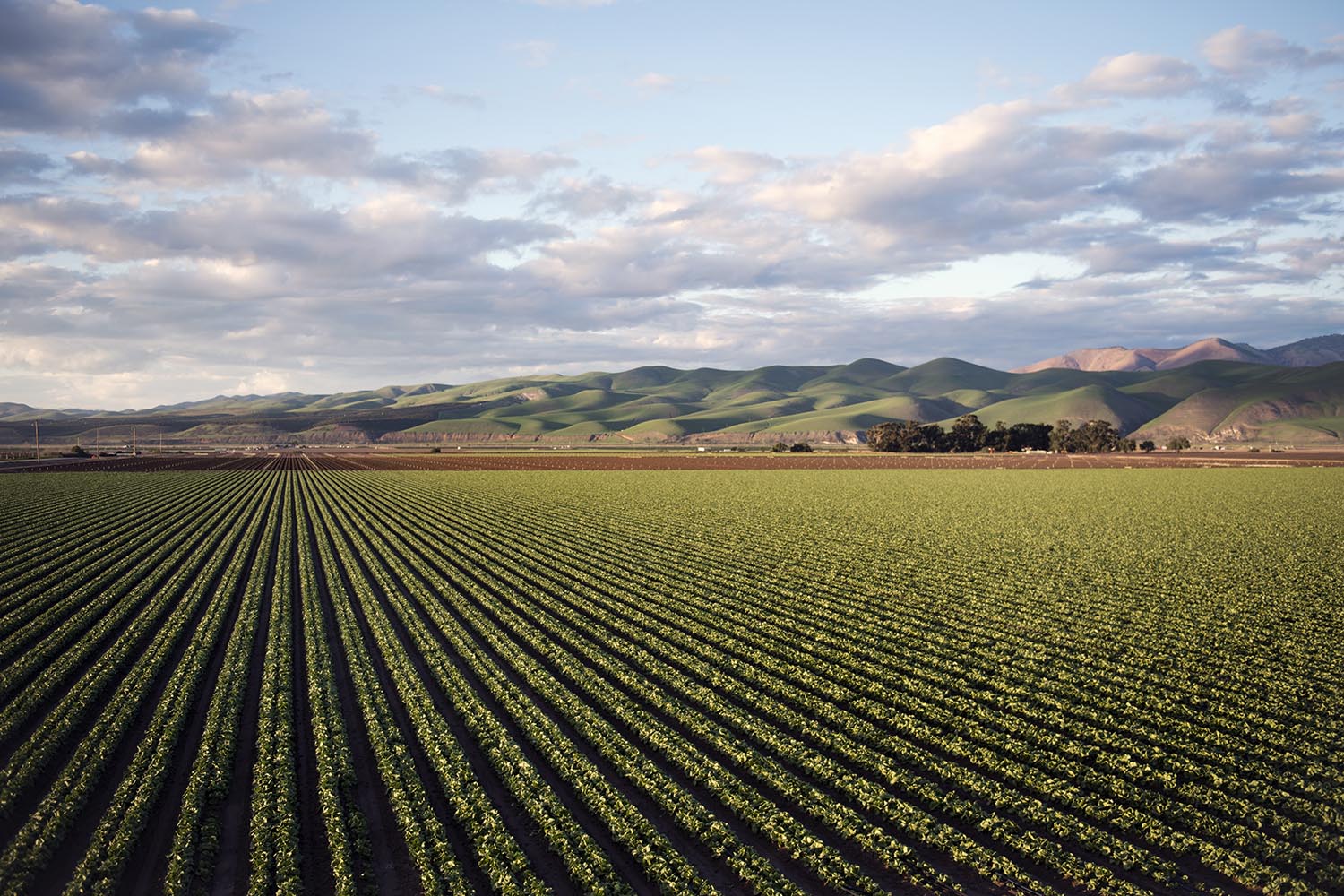In a 2022 GOBankingRates survey, 78% of Americans said that high gas and grocery prices are hurting their wallets. The January 2023 Consumer Price Index (CPI) shows that food prices continued to rise by 10.1% even while inflation in other categories decreased. With consumers feeling the financial pinch, it’s critical that lawmakers look at all the factors that can cause price increases.
One area of concern is the disparity in supply and demand for animal- and plant-based oils and fats caused by renewable diesel incentives and mandates. For two years, PFI has forecasted and publicly expressed concerns that the unintended consequences of mandates and incentives have resulted in double and even triple the price for the critical edible oils and other ingredients used in human and pet food formulations. With so many other issues contributing to food inflation, is now the time to expand the renewable diesel program?
Pet food makers accept that they must compete in the market, but when the market continues to be subsidized by multiple government agencies, they are unable to fairly compete for key ingredients. A recent example, the Inflation Reduction Act of 2022, signed into law last summer, extended the biodiesel, alternative fuel, and second-generation biofuel tax incentives through the end of 2024.
Coming out of the pandemic, every node in our supply chain has been impacted. Like other industries, pet food makers are experiencing inflation and continued transportation and supply chain challenges. They are not only concerned about the price of ingredients as three more renewable diesel facilities go online this year, but are fearful of being unable to adequately source the quantity and quality of critical government-required ingredients to feed the pets in 85 million U.S. households.
Therefore, it’s crucial that the EPA and lawmakers carefully consider the competition of limited resources for food, feed, and fuel. For example, will the EPA calculate how many new acres of U.S. farmland will be needed to meet the projected renewable diesel feedstock demand alone?
In the December 2021 Progressive Farmer article, “Marrying Soybeans and Renewable Diesel: Renewable Diesel Plans Could Outstrip Soybean Acres, Soy Oil Supplies,” Steve Nicholson, senior grains and oilseed analyst at Rabobank states, “If you look at [new acres] all going to soybeans, you would need upwards of 55 million to 60 million more acres of soybeans. We just don’t have that in the United States.” Nicholson added, “Soybeans would basically wipe out corn and wheat acres in the U.S. just to produce enough oil for [renewable diesel].”
PFI recognizes and supports responsible efforts to utilize additional energy sources that reduce carbon emissions. However, we respectfully urge the EPA and lawmakers to carefully consider the potential unintended consequences and the impact on consumers of further increases in volume requirements for advanced biofuels and biomass-based diesel for 2023-2025. Let’s take steps to protect the environment and our natural resources but also protect the ability of Americans to feed their families and pets.



